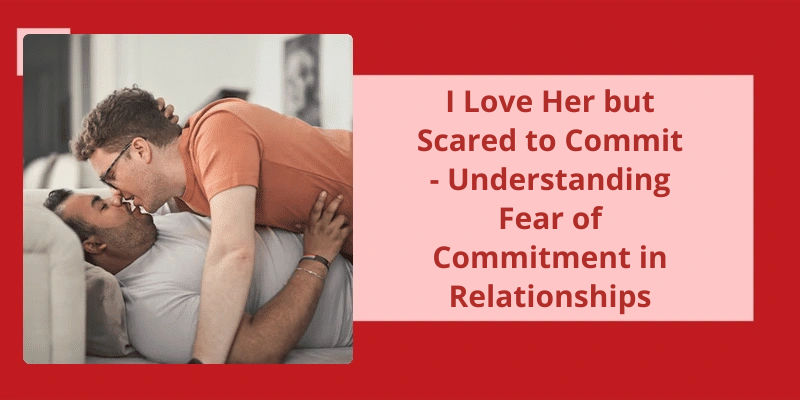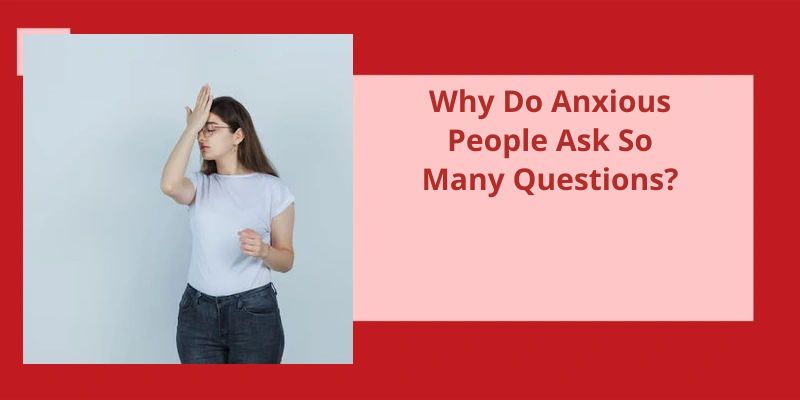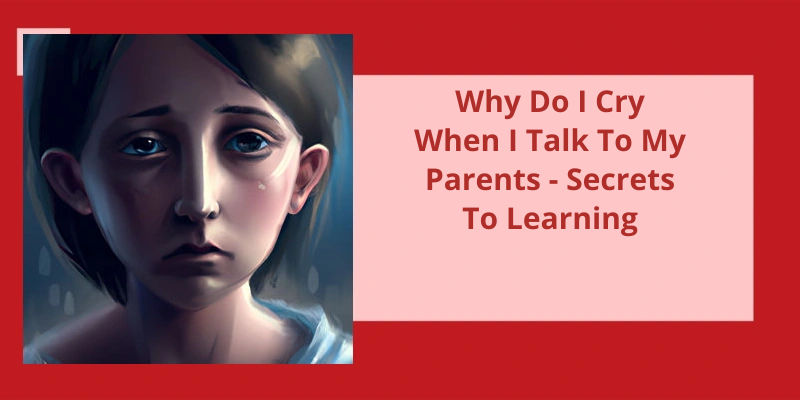Love is a feeling that touches the depths of the soul and transforms everything around it. The butterflies in your stomach, the warmness in your heart, and the excitement in your mind are all signs of falling in love. However, for many people, the fear of commitment can prevent them from fully embracing a relationship. It's a delicate balance between wanting to be with the person you love and not wanting to risk getting hurt. The fear of not being able to live up to someone's expectations, the fear of losing independence, or the fear of getting your heart broken can all contribute to hesitation when it comes to taking the plunge and committing to a partner. Despite loving someone deeply, the fear of committing can weigh heavily on your mind and stop you from taking the next step. It's a complex emotion that requires time, patience, and a willingness to confront your fears and take a chance on love.
Can You Love Someone Without Wanting to Commit?
Loving someone without wanting to commit is absolutely possible. It’s a natural human emotion and doesn’t always have to come with an expectation of a lifelong partnership. Loving someone, even without wanting to commit, can bring great joy and fulfillment into your life. However, it’s important to understand that both partners in a relationship have their own set of needs and ultimately those needs should be recognized and respected.
When you love someone but don’t want to commit, it’s important to communicate your intentions clearly. This avoids any misunderstandings and gives your partner an opportunity to decide whether or not they’re comfortable with the arrangement. It’s also important to be honest with yourself about your own feelings and desires. If youre not truly comfortable with a non-committal relationship, it’s better to acknowledge that and move on.
It’s important to remember that relationships come in all shapes and sizes, and what works for one couple may not work for another. Some people thrive in committed relationships, while others may prefer more casual arrangements. The key is to find what works for you and your partner, as long as both parties are on board with the arrangement.
That being said, it’s also important to recognize when a lack of commitment is causing one partner emotional pain or stress. If one person is hoping for more than what theyre getting out of the relationship, it may be time to re-evaluate the situation. No one should be made to feel like theyre settling or compromising their own needs in a relationship.
The decision to love without commitment is a personal one. If both partners are happy and fulfilled in the relationship, thats all that matters. However, it’s important to communicate openly and honestly, and to be mindful of each others feelings and needs. Above all, remember that healthy relationships are built on mutual respect and trust.
The Pros and Cons of a Non-Committal Relationship
- Pros:
- Freedom to date and pursue other options
- No pressure to commit
- Flexibility in scheduling time together
- Less likelihood of heartbreak if the relationship ends
- Cons:
- Lack of emotional depth and intimacy
- Potential for jealousy and insecurity
- Difficulty in developing a long-term relationship
- Uncertainty about partner’s true feelings and intentions
Navigating a relationship can be challenging, especially when one partner has a fear of commitment. However, acknowledging progress and offering support can make all the difference. In particular, those with an avoidant attachment style may benefit greatly from encouragement and admiration for their efforts. So, can you date someone with a fear of commitment? With the right mindset and approach, it’s definitely possible.
Can You Date Someone With a Fear of Commitment?
When dating someone with a fear of commitment, it’s important to remember that their struggle is real and valid. It’s not just a ploy to keep things casual or noncommittal. Oftentimes, these individuals have deep-rooted insecurities and vulnerability that they’re hesitant to expose. So, it’s crucial to approach the situation with empathy and understanding.
It’s also important to communicate openly and honestly about your own feelings and expectations. Discuss what commitment means to both of you and see if theres a common ground that can be reached. Be patient and give them time to process their emotions. Rushing someone into a serious relationship could cause more harm than good.
If you do feel like things are progressing, celebrate the milestones and accomplishments together. It’s not just about taking things to the next level but acknowledging the hard work and bravery that goes into facing ones fears. Celebrating these small wins can help build trust and strengthen your bond.
It’s also important to set clear boundaries and expectations for yourself. If youre not okay with a noncommittal relationship, then it’s important to communicate that. Dont sacrifice your own values and needs in hopes of changing the other person.
With understanding, patience, and communication, you can work towards a healthy and fulfilling relationship. Remember, progress is key and celebrating each others successes along the way can make all the difference.
Understanding the Root Causes of Fear of Commitment: This Could Delve Into the Psychological or Emotional Reasons Why Some People Struggle With Commitment, Such as Past Traumas, Attachment Issues, or Fear of Vulnerability. It Could Also Touch on the Societal or Cultural Factors That Contribute to a Culture of Hookup Culture and Noncommittal Relationships.
- Psychological or emotional reasons for fear of commitment
- Past traumas
- Attachment issues
- Fear of vulnerability
- Societal or cultural factors that contribute to noncommittal relationships
- Hookup culture
Source: Understanding the Fear of Commitment in a Relationship (And …
It’s not uncommon to feel scared or hesitant when it comes to committing to someone you love. However, gamophobia, or the fear of commitment, can have significant impacts on your relationships and your overall well-being. This fear may stem from past experiences, and working through these underlying issues with the help of psychotherapy can be a key step towards building stronger, healthier connections with others.
Why Am I Scared to Commit to Someone I Love?
Committing to someone you love can be scary. Many people are afraid of committing to long-term relationships or marriage because it feels like a risk. You’re opening up your heart and life to another person, and there’s always a chance that you could get hurt. This fear is known as gamophobia, and it can be a real roadblock to happiness and fulfillment.
Often, the fear of commitment stems from past experiences. Hurtful breakups, divorce, or abandonment during childhood or adulthood can make it hard to trust others and feel secure in a committed relationship. This fear can be especially strong if the person has experienced trauma or abuse. It’s essential to work through these feelings in therapy so that you can learn to trust again.
Psychotherapy is a beneficial treatment option for overcoming gamophobia. A therapist can help you understand why you’re afraid of commitment and work with you to address those fears and concerns. Therapy allows you to explore your emotions, thoughts, and feelings about relationships in a safe and supportive environment. A counselor can help you develop coping strategies, build self-confidence, and strengthen your communication skills.
There’s no quick fix when it comes to deep-seated fears and anxieties. You’ll need to be willing to commit to the process and be patient with yourself as you work through your emotions.
It’s also important to communicate openly with your partner about your fear of commitment. Being honest about your feelings can help build trust and create a deeper connection. Be clear about your goals and what youre comfortable with, and listen to your partners feelings and needs. Together, you can work towards a relationship that feels safe and fulfilling for both of you.
Overcoming gamophobia requires a willingness to take a risk. It may feel scary to commit to someone you love, but it’s essential if you want to create a meaningful and fulfilling relationship. With the help of therapy and a supportive partner, you can learn to let go of your fears and open your heart to love.
The Impact of Attachment Styles on Fear of Commitment
This topic explores how a person’s attachment style can affect their fear of commitment in relationships. Attachment styles are patterns of behavior and beliefs that develop in early childhood based on our experiences with caregivers. People with insecure attachment styles, such as anxious or avoidant, may struggle with fear of commitment because they’ve difficulty trusting others or becoming emotionally vulnerable. Understanding attachment styles can help individuals work through their fears and develop healthier relationships.
Conclusion
This fear stems from numerous factors, such as past experiences, societal expectations, personal insecurities, and more. While it’s natural to experience fear and uncertainty about committing to someone, it’s crucial to identify the root cause of these emotions and work through them together with your partner. Communication, honesty, and mutual understanding are essential components of any healthy relationship and can go a long way in easing your fears and building a solid foundation for a happy and fulfilling future together. Ultimately, love requires courage, trust, and vulnerability, and taking that leap of faith towards commitment can ultimately lead to a lifetime of love and happiness.






